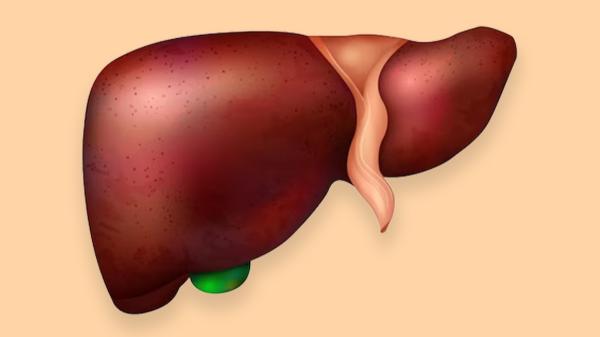
The use of condoms in HIV/Aids infection prevention reportedly ranks top, but experts have said the current volumes imported into the country are fall below required capacity.
According to health experts, the country requires up to 460 million condoms annually.
Ministry of Health data shows that in 2017, government imported 200 million condoms, which were distributed free of charge to the public. An additional 70 million condoms were imported by the private sector and sold to the public through supermarkets, shops, and pharmacies.
Uganda’s HIV prevention strategies includes: pre-exposure and post-exposure prophylaxis, prevention of mother-to-child transmission (PMCT), medical male circumcision, condom use and treatment.
Currently, there is an ongoing free medical male circumcision exercise countrywide which according to World Health Organisation, reduces the risk of HIV infection and some sexually transmitted diseases by up to 60 per cent.
The Health ministry is also treating all pregnant and breastfeeding women living with HIV with three Antiretroviral (ARVs) drugs combined in one pill, starting early in pregnancy and taking them for life under a treatment commonly known as option B+.This eliminates mother-to-child transmission.
“There is no doubt that condom use is the most important weapon we have against HIV. What is important for us is to emphasise correct and consistent use. When that happens then we can protect people against HIV, unwanted pregnancies and other sexually transmitted diseases,” said Dr Joshua Musinguzi, the programme manager for Aids control at the Ministry of Health.
Although health workers say condoms are user friendly, they raise concerns regarding quality, misconception and shame of accessing them over the counter.
Citing an earlier procurement from China which had undersized condoms, Dr Obuku Ekwaru, the chairperson of Uganda Medical and Dental Practitioners, said there is need to supply high quality condoms.
Dr Musinguzi said the quality issue is being addressed through pre-inspection and post-shipment testing.
Promotion of condom use remains a contentious issue as some religious groups are opposed to it saying it increases immorality.
“The condom use remains a big problem because it is acceptable that men and women have unprotected sex and so using a condom appears like users are either cheating and that is a hindrance to buying over the counter,” said Dr Obuku.
He revealed that age groups across board have complained of uncomfortable smell arising from preservatives. “We need to make condom use attractive to all age groups through branding them in accordance with the different groups and making condoms part of health programmes,” he said.






















